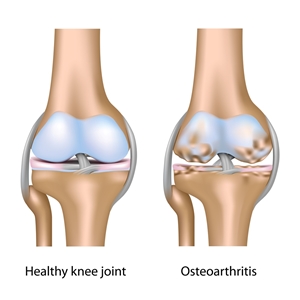
When retirees exit the job market, they often leave behind employee benefits. But it would behoove them to factor health costs into their retirement savings strategy, as a new report indicates it takes up a substantial chunk of their annual earnings.
According to the analysis, which was performed by polling firm GfK Public Affairs, the average 65-year-old that retires this year and has a spouse will need to have about $220,000 available in order to cover all of the medical expenses that they'll have in retirement.
While this number is considerable, it's down about 8 percent from this time last year, when the average cost was $240,000.
Brad Kimler, a benefits strategy executive whose company sponsored the poll, indicated that this modest reduction in price is cold comfort for many retirees, as medical expenses seem to be rising interminably .
"While lower, this year's estimate is still daunting for many retirees, and it will consume a considerable amount of a couple's retirement savings," said Kimler. "It is extremely important that healthcare costs are factored into retirement savings strategies today so that retirees can be prepared to pay their medical bills throughout retirement."
As a general rule, in order to pay for the health costs and other expenses of retirement, financial experts largely agree that retirees need about 70 percent of the income they earned during their career. If this standard is accurate, though, senior citizens' income falls short in nearly every state.
In a separate poll conducted by Interest.com, seniors' income levels in retirement are far short of the 70 percent benchmark in 48 of the 50 states. This was determined by analyzing the 2011 American Community Survey conducted by the U.S. Census Bureau and diving the median annual household income for those 65 years of age and older with the median annual household income of people between 45 and 64.





